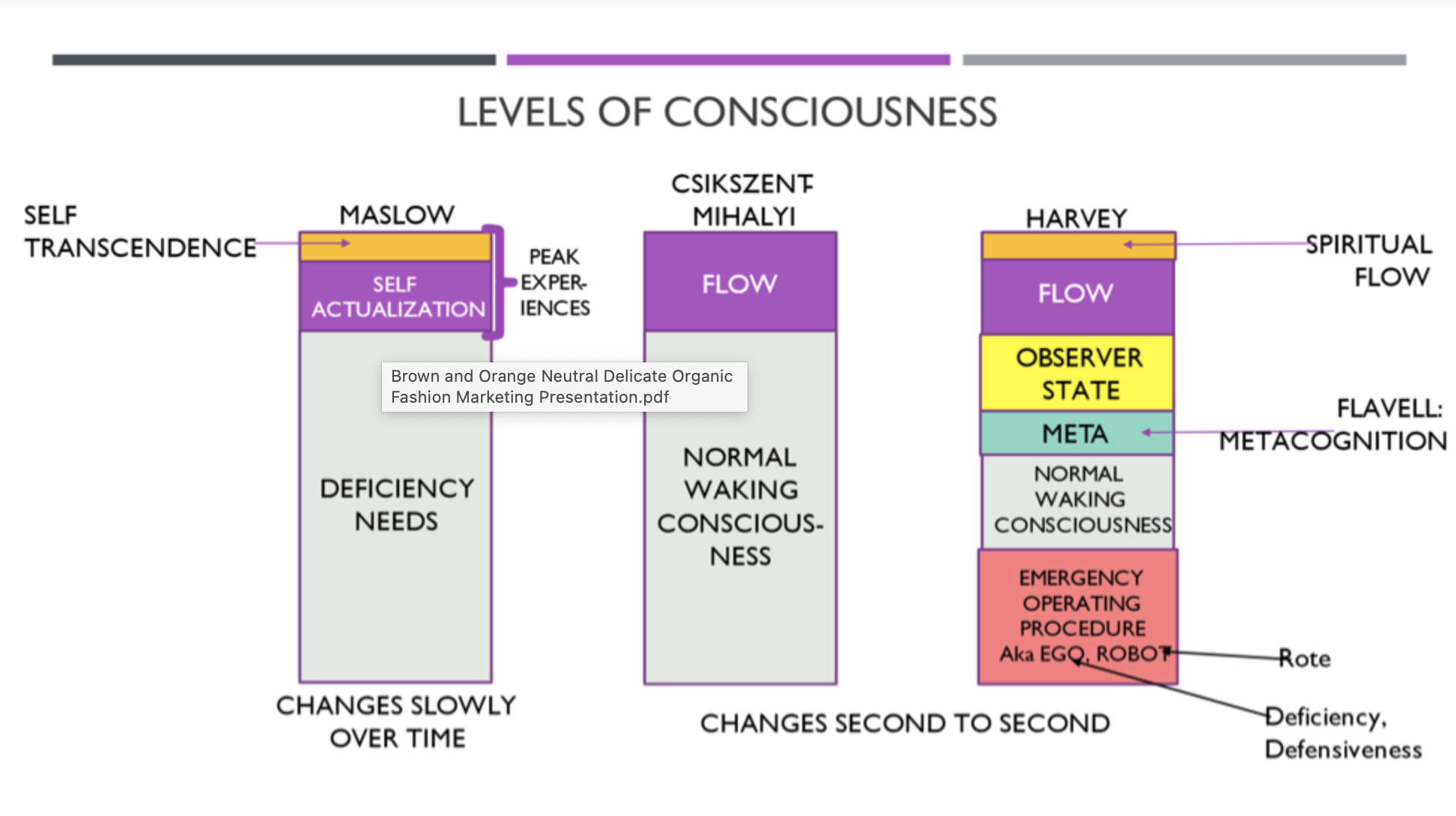Created September 30, 2022
Welcome to this week’s Bill Harvey Blog.
Why think about the future of psychology, aren’t the rush of current discoveries enough? We are close to proving ESP. What else do you want?
A common phrase in marketing nowadays is “early wins”. It means when you have a Big Idea, it’s good to have some immediate tangible benefits.
Physics has had a never-ending run of early wins going back as far as you can go. Rubbing two sticks together was an early win of physics, the discovery of how to cause fire. The unbroken string continues through television and atom bombs, space travel, the Internet, virtual reality, cyborgism and perhaps cyborgasm.
What has psychology done for us lately? People continue to benefit from psychotherapies of all kinds. Research continues on all fronts. Nothing quite so spectacular as physics in the pragmatic big picture.
Could there be?
Why should we postulate a possible breakthrough by which psychology can become as relevant to the average person as physics?
Because what could be more important to us than us, ourselves? Any tangible improvement in our abilities to function effectively has more value than our pastimes. (Like love and war, television and VR.)
What if that shift de-necessitated war – naturally, coming from insides of us, out. No longer needing that psychotic entertainment form.
It has to emerge naturally or it is just another feeble hope that everyone will play nice forever, despite having been killer apes since before the beginning. We have to de-evolve away from the bloodlust by natural causes, stuff like psychotherapy and yogic meditation is where the new wave will come from in psychology.
The new wave will center on the notion of helping the human race improve cognitive and all other functional capabilities of consciousness. Therefore its metrics will be guided by experimental performance trials and verified increases in individual effectiveness. Analytics will be set up to deconstruct effectiveness into separate components including such types of effectiveness as creativity, imagination, hunches, system1, system2, etc.
Should new wave psychologists focus more on the structure of the mind, or on its functions? In consciousness, structure is function. However, connecting the physical neurological manifestations which happen concurrently with experiential qualia, is one horizon at which to aim. Many are working in this field which has been ably led by Dr. Richard Davidson since he and Daniel Goleman and their famous friends including Ram Dass started the trail. Richy has identified the brain signatures of meditative states and made the connection to beneficial health effects.
“Interventions” is a term used to signify third party actions with a goal in mind. The new wave psychologists will ultimately wind up testing all sorts of interventions to determine the Efficacy Lift Score (ELS) for each one. The epigrams in my book Mind Magic will be in that long conveyor belt of interventions worth testing.
Although the general drift will be to assuage but not be dominated by one’s own ego, the ego always has a way of sneaking back in. In this case the ego will cause there to be hierarchical thinking related to levels of consciousness, where people will strive to give the appearance of having a higher level of consciousness than the others. That will be unfortunate but it will be managed with appropriate forethought.
The idea that some of us are in a more effective state of consciousness, and the experience that we ourselves have, of going up and down in level of effectiveness, leads to the notion that there are organically-defined states or levels of consciousness in a ladder, and that this will turn out to be a scientific fact.
In an earlier post, I theorized what this ladder might look like, based on the work of Abraham Maslow and of Mihaly Czikszentmihalyi, and my own experiences, shown here and more detail in that post:

Given the human tendency to oversimplify, objective research into levels of consciousness may be tarred as elitist. That too can be clarified. It’s desirable not only for the one person but for all of us, for the one person to be effective. Wanting to make everyone more effective is not an elitist thought.
You have the opportunity to get ahead of the crowd. Test alternative interventions to see if they increase your effectiveness by watching these short videos, here or here.
In next week’s edition: A Brief History of Levels of Consciousness Research.
Love to all,
Bill

I love this…
“Wanting to make everyone more effective is not an elitist thought.”